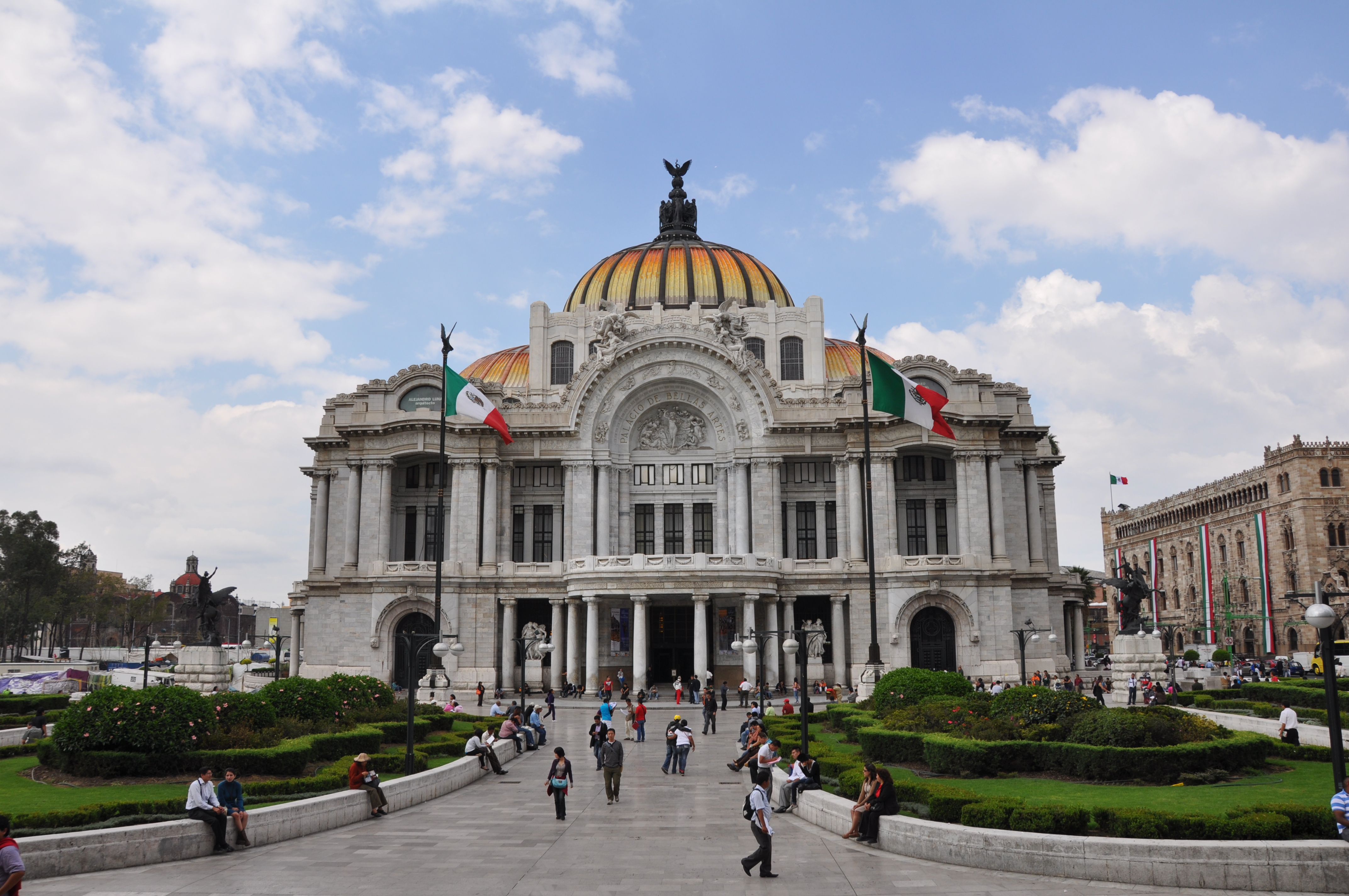The rise of conscious consumerism has led to consumers actively seeking out sustainable, environmentally friendly and ethically produced goods. In response to this growing demand, many consumer goods and retail (CG&R) companies have embraced sustainability and green credentials as a marketing tool, but is this greenwashing? Baker McKenzie produced this guide to outline the legal landscape, regulations and key actions CG&R companies can take to mitigate the risks associated with greenwashing claims in Latin America.
On 28 December 2023, the decree which amends, supplements, and abrogates certain provisions of the Mexican Securities Market Law (Ley del Mercado de Valores) and the Law of Investment Funds (Ley de Fondos de Inversión), was published in the Official Gazette (Diario Oficial de la Federación), and entered into force on the following day to its publication, i.e., on 29 December 2023. The decree establishes that the Ministry of Finance and Public Credit (Secretaría de Hacienda y Crédito Público), with the prior opinion of the National Banking and Securities Commission (Comisión Nacional Bancaria y de Valores) (CNBV) and Banco de México, shall issue within a period of no more than 365 days, from the date of its publication, secondary general provisions, regarding sustainable development, in order to strengthen corporate governance, adoption of best market practices and gender equality in corporations, issuers and other participants that operate within the Mexican securities market.
The Investigating Authority of the Federal Economic Competition Commission published on 2 March 2023, the notice of initiation of an investigation for alleged horizontal monopolistic practices, also known as cartel practices, consisting in agreements between competitors to coordinate their bids in tenders by the Mexican Public Health sector to acquire radiological equipment and related products. Cartel Practices in the public health sector have been consistently considered by COFECE as a serious offense, as such acts have a direct impact on the number and quality of medical supplies purchased with public resources by government institutions for the care of the population.
On 7 October 2022, the Investigative Authority of the Federal Economic Competition Commission (COFECE) published the notice of initiation of an investigation for alleged horizontal monopolistic practices, also known as cartel practices, which include agreements to manipulate prices, restricting supply, or coordinating bids in the market for the production, distribution, and commercialization of flat glass and products manufactured from flat glass in the national market.
On 27 October 2022, the Investigating Authority of the Federal Economic Commission (COFECE) published a notice initiating an investigation into the marketing of services related to credit card transactions in the form of deferred payments with interest-free months due to alleged absolute monopolistic practices (or cartel practices), in particular, price fixing and the exchange of commercially sensitive information.
The Investigating Authority of the Federal Economic Competition Commission published on 12 October 2022, a notice initiating an investigation, for alleged anticompetitive conduct of horizontal monopolistic practices (or cartel practices) in the market of public procurement procedures for the acquisition, leasing, maintenance services and managed services of information and communication technologies.
Antitrust and competition authorities around the world, including LATAM, are undertaking investigations and ongoing proceedings dealing with “no-poach” agreements. Increased scrutiny from these regulators means that companies and staff that agree not to poach employees from others, or fix wages, are increasingly in risk of significant financial and even criminal penalties in some jurisdictions..
Join our Antitrust, Employment and M&A partners for a complimentary webinar on 6 October 2022 where we will analyze the regulatory and enforcement landscape in the US on no-poach, including the trends we are seeing in Latin American countries and the various cases by antitrust authorities in the region.
On 13 July 2021, the Federal Economic Competition Commission published in the Federal Official Gazette the notice regarding the initiation of an investigation due to possible absolute monopolistic practices allegedly carried out in the market for maritime transportation services in the state of Quintana Roo.
Absolute monopolistic practices are anti-competitive agreements, contracts or arrangements between competing economic agents, whose object or effect is the manipulation of prices, restriction or limitation of supply or demand, division or segmentation of markets, agreement or coordination of bids in auctions, as well as the exchange of information between competitors to carry out any of the aforementioned conducts. These practices can also be referred to as horizontal or cartel practices.
On 30 June 2022, the Investigative Authority of the Federal Economic Competition Commission (COFECE) published notice of the initiation of an investigation into the national market for federal passenger transport (“Market under Investigation”). The investigation is to identify, and where appropriate, determine, the existence of barriers to competition and free competition, and/or essential inputs in the Market under Investigation, which utilize terminals for passenger pick-up and drop-off, and related services.
On 22 June 2022, the Commissioners of the Federal Economic Competition Commission (COFECE) approved conducting a research study on competition in the digital financial services market. The Market Study’s purpose is to analyze the structure, operation and regulatory framework of the digital financial services sector in Mexico.
The digital financial services considered in the study include electronic payment and crowdfunding services, those offered by Financial Technology Institutions, also known as Fintech, which are regulated by the Law to Regulate Financial Technology Institutions.
According to COFECE, the Market Study is important because the financial services sector contributes a significant percentage of the country’s Gross Domestic Product, and digital financial services can also influence the financial options available to users and facilitates credit access to small and medium-sized companies.







